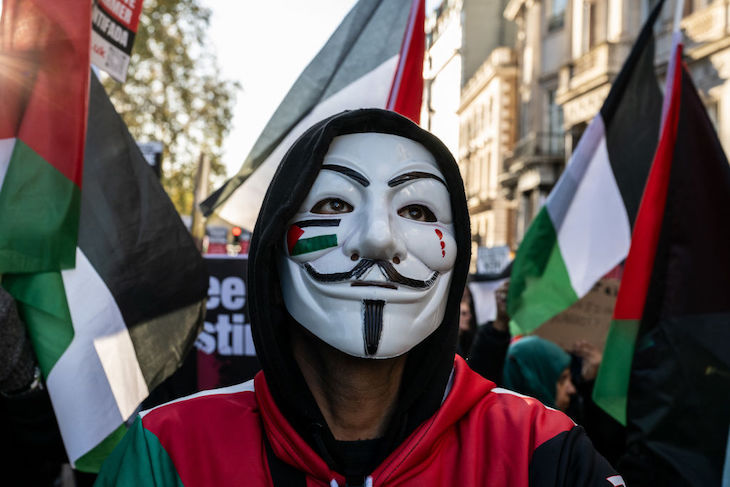Is a major scandal over the sale of Newcastle United to a consortium led by Saudi Arabia’s sovereign wealth fund about to engulf the club? And perhaps cause embarrassment to some high-profile politicians too? Leaked WhatsApps sent by Amanda Staveley (the businesswoman who helped negotiate the deal) made the front page of the Daily Telegraph yesterday. They suggest that assurances given during the takeover that Crown Prince Mohammed Bin Salman was not personally managing the deal were not quite accurate.
Mohammed Bin Salman will probably have no direct role in the running of the club
Staveley’s WhatsApps reveal that a delicate stage of the negotiations the Crown Prince was ‘losing patience’. Does that mean that the Gulf potentate was really calling the shots? There are also references to a minister having done all that they could, and ‘pushing behind the scenes’. ‘Their preference is for the deal to go ahead’, Staveley’s WhatsApps say. Why did they care so much?
The controversy over the Saudi prince’s potential involvement stemmed from his alleged role in the murder of Washington Post journalist and Saudi dissident Jamal Khashoggi in Istanbul in 2018. A CIA report claims the gruesome killing was done on MBS’s direct orders. MBS denied it, saying: ‘Khashoggi would not even be among the top 1,000 people on the list’.
There was also the question of whether a foreign state should own an English Premier League club at all. Technically it is not against the rules but it raises disturbing issues. It is one thing to have diplomatic and business links with what many would describe as unsavoury regimes with unsavoury leaders, quite another to sell them our cultural institutions – our sovereign wealth. The Premier League seemed concerned about this at first (as well as with another allegation of Saudis pirating Premier League televised football), and only dropped its objections to the deal when it was given ‘legally binding assurances’ that the Saudi wealth fund was independent of the Saudi state.
Quite a few other people were disturbed by the Saudi takeover from the off. Some high-profile fans and journalists, like the Guardian’s Jonathon Wilson, positively despaired at the deal.
Still, many people seemed to take the Saudi assurances at face value. Newcastle fans, perhaps thinking that what was happening to their club was no different to the case of Manchester City (now owned by the Abu Dhabi Group), wore ghutras with glee, sang about being the richest club in the world and welcomed the massive spigot of wealth they imagined would soon be coming their way.
This seems to be the way now with elite football. Its hyper competitiveness, on top of all the other hype, has reached a point approaching approaching hysteria. The desperation of fans of ‘big’ but long-trophyless clubs seems to induce a form of blindness that brings with it an acceptance of almost any compromise if it might bring success. England’s employment of German Thomas Tuchel – while hardly comparable to the Saudi takeover of Newcastle – is nonetheless similarly indicative of an almost pathological craving for silverware that overrides all other considerations.
There will no doubt be more to come out on this story, but one wonders if it will go anywhere. Ms Staveley has responded, via lawyers, to say that the reference to MBS in the WhatsApps was only in relation to his role as chairman of PIF. To suggest that her messages meant the assurances about independence from the Saudi state were false is ‘as illogical as it is misconceived’. Ms Staveley described PIF at the time of the take over as an ‘autonomous commercially driven investment fund’ (in an absolute monarchy). And it will be hard to pin down now out of office Conservative politicians to ask them about what really happened.
No, the Saudis have Newcastle United as their plaything and the deal will surely not be revisited. The fans will accept what is put in front of them, and lap it up with relish if they win trophies. Mohammed Bin Salman will probably have no direct role in the running of the club. Unless he wants to, and then that might change.
The moral of the story? There seem to be precious few morals in the Premier League, but plenty of money.








Comments